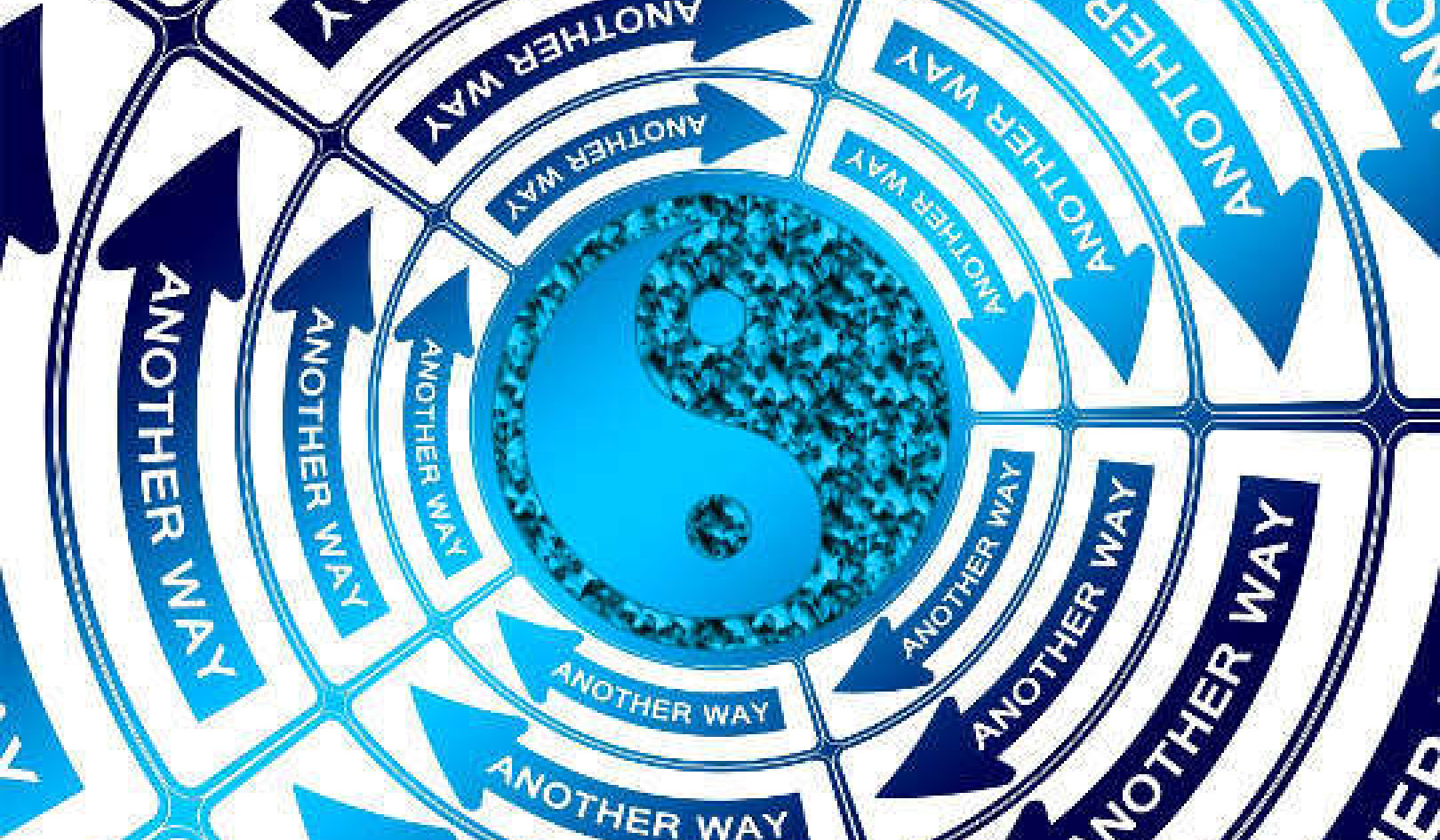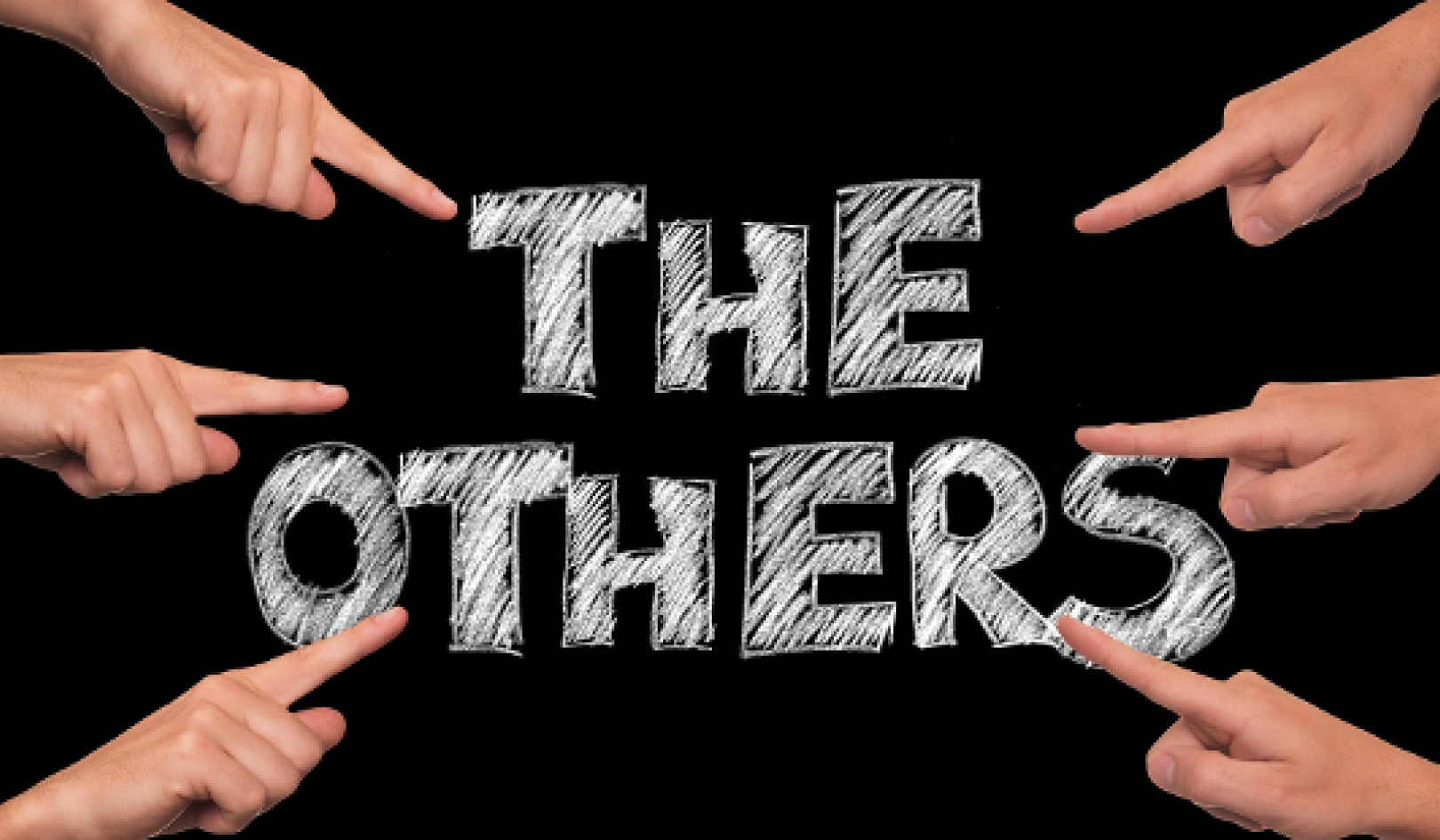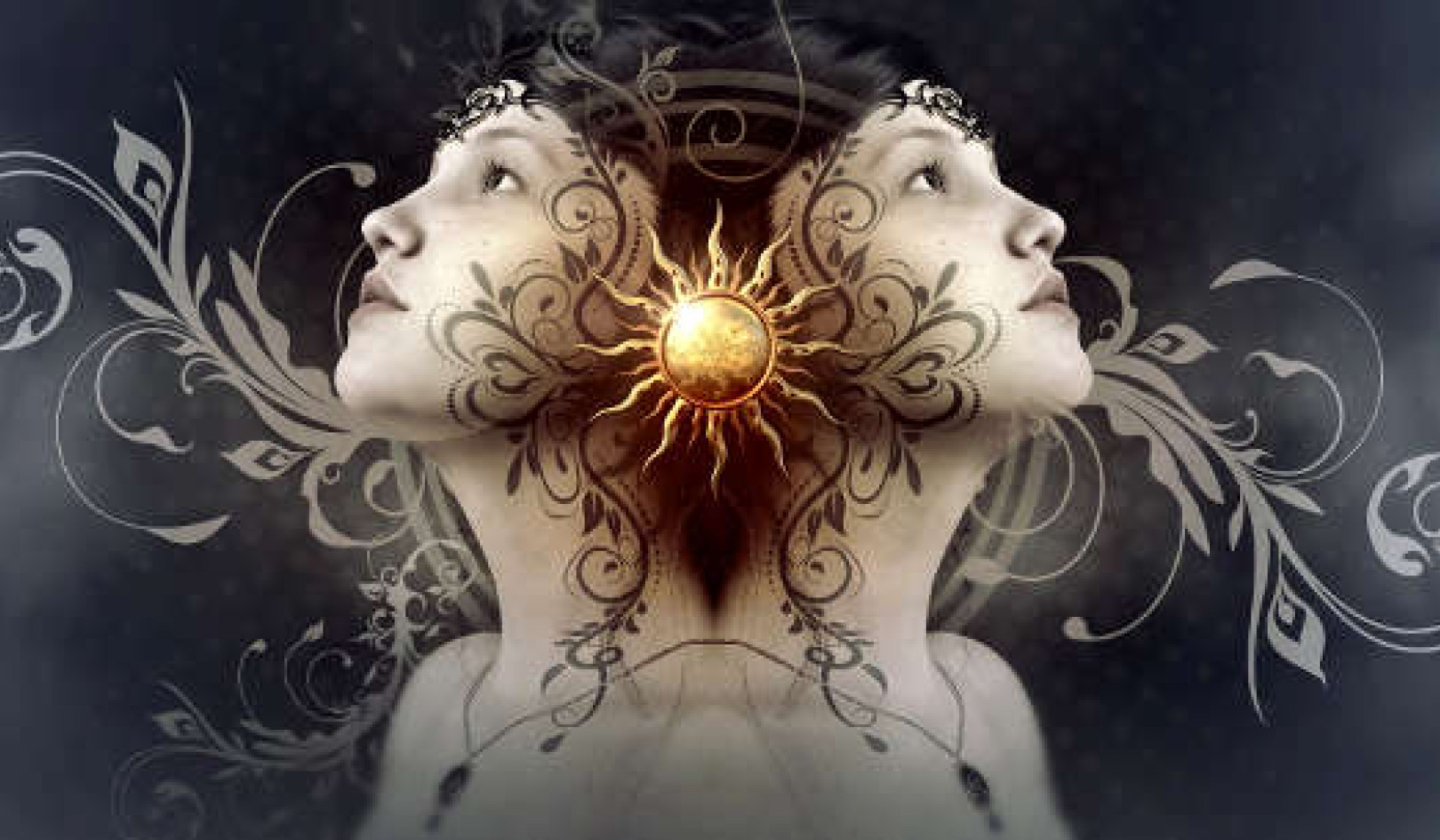
Ever since I can remember, I have known two worlds. The concrete, day-to-day physical world -- deadlines, desks, dinner -- the world of manifestation; and another world, the spiritual world of mystery, the world of God.
When I search now through the earliest recesses of my spiritual memories, I can see a little me, begging my mother to let me watch The Nun's Story for the umpteenth time on the Late, Late, Late Show. When Audrey Hepburn, and the other less beautiful nuns, make full prostration in their long, stark habits, I do the same in a secret place inside myself.
I was seven when The Sound of Music was released. I went with my second-grade class and rooted for Maria, the flibbertigibbet postulant, to forget about Captain von Trapp and all those children and go right back into the serene, God-infused world of the convent perched on top of a snowy Salzburg mountain.
I must have been nine or so when I fixed my heart on a doll called "Lonely Lisa" from a B. Altman's catalogue. With her golden blonde hair and large brown eyes, Lisa was toddler size and probably about my age in doll years. She was the perfect companion for an only child, and I was thrilled when my mother agreed that I could have her for Christmas. When she arrived, after admiring her for a brief period as she was, I took off her calico dress and carefully laid it aside. I found some material in my mother's sewing basket and worked for several days with an inner determination. Soon my project was finished. I dressed Lisa in a new outfit I had made specially for her -- a nun's habit, including black "rosary beads" at her waist.
Lisa got to keep her black slippers (they matched her new, true identity), but her blonde hair was hidden behind her wimple. Her spiritual transformation was now complete.
For a little Catholic girl, perhaps there would be nothing very remarkable about these yearnings, but it was different for me. I was born a Jew.
My father was a hard-headed realist who came of age during the Depression on the Lower East Side of New York, the first-generation son of Russian immigrants. Taking over his father's paper-box business, he had no time for anything other than utter self-reliance. Work hard, rise early, and mind your business. Believe in only what you can bank on -- and he meant it, literally. The Almighty Dollar, he used to call it, and on Yom Kippur this Jew would get up and go to work.
The only respite was on certain Sunday mornings in winter. While my mother slept late, I would dress myself, and my father and I would drive to the edge of Brooklyn to buy "appetizing" Jewish food. As the car windows slowly defrosted -- smoked sable carp, lox, and pickled herring. I settled in next to him for the drive, breathing in the reassuring smell of his worn-in tan windbreaker. The parkways merged into highways, Queens blurring into Brooklyn, while I listened sleepily to the stories of the Bal Shem Tov that he tuned in on the car radio. This was all I knew of Judaism.
My mother was no better equipped to show me the religious tradition of my birth. She came from a poor but arty Jewish family, her father a temperamental tailor who thought he was sewing couture and preferred finishing a seam to studying the parashah. Her mother -- dark, flamboyant, and part Mongolian -- gave her only son, my mother's brother, a pat on the head and violin lessons instead of a bar mitzvah.
My mother's rite of initiation was to join the Ringling Brothers circus. She became the lady on the flying trapeze, defying gravity, trusting the inner rhythm of the body as she went swinging into outer space with nothing to hold her here below.
In every way, her sense of the physical went beyond this world. For my mother, the universe teemed with souls and spirits, disincarnate entities, all somehow governed by the valence and pull of heavenly bodies. When I was growing up, people routinely phoned to let her know about their most recent trip to Mars or Jupiter, to which she responded as enthusiastically as if they had just returned from Europe or a posh Caribbean cruise. Others pleaded with her to read their cards or to accept an invitation to an upcoming sTance.
I'd wake in the middle of the night, as children often do, for a visit to the bathroom or to get some juice, and I'd see her in the den, lighting candles, reading little books on spell casting or astrology, throwing the I Ching, or laying out the tarot deck in a new pattern. Her present was bleak; perhaps the future would be better.
"You have a good head on your shoulders", my father told me on one of those rare occasions when he felt like complimenting me, but it was really to remind me that I belonged to his side of the family. I was practical, quick, and organized, and I positively reeked with a sober maturity.
But I also had no head on my shoulders at all. I could touch and see things that were not there, at least not there in a normal, everyday sense. Traveling ecstatically in inner space, I would sit in meditation for hours, watching my breath drop to nothing, and feeling my body fade far away as I left my constantly arguing parents and this confusing world behind to draw closer and closer to God.
As a child, the stillness of empty churches called to me. When I reached the age when I was able to venture out on my own, I would retrace my steps toward my elementary school, passing through the arch that separated the outside, predominantly Jewish, area of Forest Hills where I lived, from the high-WASP precincts of turreted mansions, hidden closes, and cul-de-sacs. There, streets were quiet, voices were hushed, and Protestant churches abounded: silent, stately, and serene.
Episcopal, Congregational, Presbyterian, they were indistinguishable to me. At that age, I knew nothing of denominations. What I sought was the cool silence of these spaces where, on a weekday afternoon, I could kneel alone in front of a cross and pray to Jesus Christ. Was he human or divine? I did not know, but the sibilant sound of his name rang holy inside me. I felt his power, the power of another world merging with this one, moving through me as I uttered his name like a secret prayer. I stayed there for hours, transfixed, with Christ riding on my breath.
But then there was the weekend warmth of listening to elderly rebbes from the old country, real Jews, telling stories on the radio layered with meaning and sad irony. And my craving for the weight of my father's bread and potatoes that my mother, who traveled through the ethers, derided as "peasant food".
The world of the mind. The world of the spirit. The world of the rational. The world of the intuitive. The world of the Christian. The world of the Jew.
In which world, then, would I live?
This article was excerpted from:
Searching for Your Soul  edited by/introduction by Katherine Kurs.
edited by/introduction by Katherine Kurs.
Excerpted by permission of Schocken Books, a division of Random House, Inc. Copyright ©1999 by Katherine Kurs. All rights reserved. No part of this excerpt may be reproduced or reprinted without permission in writing from the publisher.
About The Author
Katherine Kurs has a private practice as a spiritual/pastoral counselor and teaches religious studies at the New School for Social Research and at Empire State College, SUNY. She holds a Master of Divinity degree from Harvard Divinity School and a Ph.D. from the Royal College of Art, London. You can visit her website at www.searchsoul.com
Related Books
at

Thanks for visiting InnerSelf.com, where there are 20,000+ life-altering articles promoting "New Attitudes and New Possibilities." All articles are translated into 30+ languages. Subscribe to InnerSelf Magazine, published weekly, and Marie T Russell's Daily Inspiration. InnerSelf Magazine has been published since 1985.

Thanks for visiting InnerSelf.com, where there are 20,000+ life-altering articles promoting "New Attitudes and New Possibilities." All articles are translated into 30+ languages. Subscribe to InnerSelf Magazine, published weekly, and Marie T Russell's Daily Inspiration. InnerSelf Magazine has been published since 1985.





















